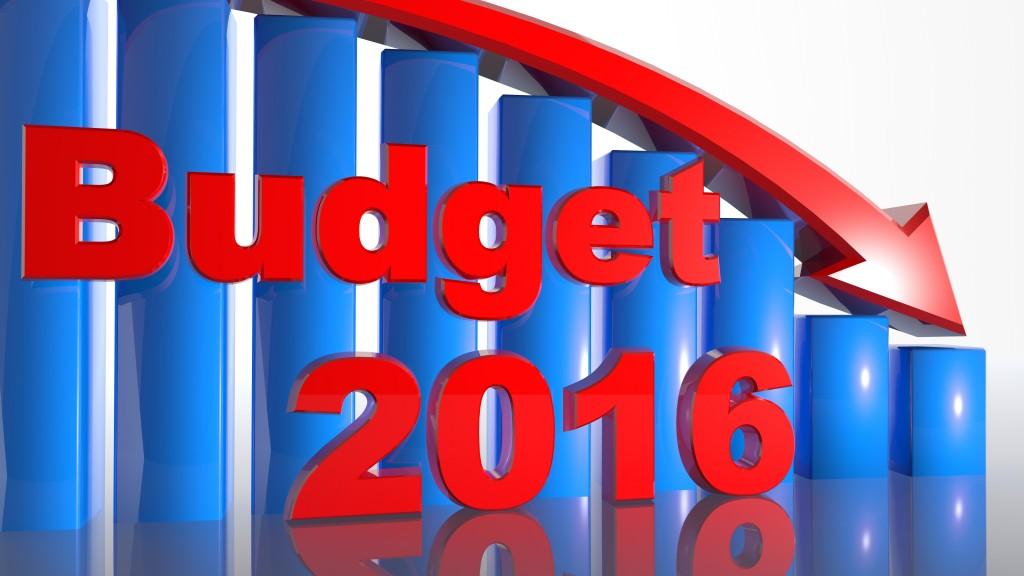Small businesses across the UK are celebrating the plans laid out by the chancellor for the 2016 Budget. George Osbourne opened his speech by saying that Britain was growing faster than other major economies and is on target for a Budget surplus.
This is Osbourne’s eighth Budget, including autumn statements and spending reviews. He said that difficult decisions had to be made but that the economy was growing “because we did not seek short-term fixes”.
The good news
Business rates
George Osbourne has announced new plans for business rates as part of his Budget. His changes will see around 600,000 small businesses £6,000 a year better off as they will be taken out of  business rates. A further 250,000 small businesses will pay less in business rates.
business rates. A further 250,000 small businesses will pay less in business rates.
To fund these changes, debt interest payments used by larger companies to cut corporation tax bills will be capped to 30% of earnings.
The annual threshold for small business tax relief will be raised from £6,000 to £15,000 max. The higher rate will be raised from £18,000 to £51,000, leaving 600,000 businesses exempt.
Mike Cherry of the Federation of Small Businesses (FSB) said “FSB members have campaigned hard to make small business rates relief permanent and expand it – and the chancellor has heeded our calls, taking many small firms out of the system altogether.”
Corporation tax
Osbourne announced that corporation tax will be cut from 20% to 17%. This makes it a very competitive rate to the current rate in the US, which sits at 39%, meaning Britain may be seen as the more attractive option to base a business. This change will come into place in 2020.
NI payments & Personal allowance
Self-employed people will no longer have to pay Class 2 National Insurance contributions as of April 2018. This will end up saving most self-employed people around £134 a year, freeing up money for them to invest back into their businesses.
The threshold for paying income tax is to be raised from £11,000 to £11,500 by 2017. The higher rate of tax threshold is also being raised from £43,000 to £45,000. This tax cut will leave many in better positions to start or continue growing their business.
The bad news
High streets
Despite the mostly positive reactions, high street retailers have complained that the chancellor has not done enough to protect them. The British Retail Consortium has warned that almost one million retail jobs could disappear over the next decade due to the rising cost of running shops and the growth of online shopping.
Personal Services Companies (PSCs)
The government wants to penalise people working through their own limited company for public sector clients. This is meant to tackle tax avoiders but the majority of PSC users are genuine contractors who prefer to work as freelancers. Many contractors will be discouraged from taking on larger contracts which will force the government to use expensive consultancies instead.
Maternity pay
Millions of freelancing mothers are disappointed to learn that the chancellor has not addressed the disadvantage they have over maternity pay. For many people, freelancing is a perfect way to balance family life due to the increased flexibility. Freelancers are disadvantaged because there is no support in place if they have children, in comparison to employees who are entitled to maternity pay. The Association of Independent Professionals and the Self-employed (IPSE) says it will continue to campaign on the issue.
Chris Bryce, chief executive of IPSE said “the government missed the perfect opportunity to back self-employed mums by giving them the same maternity pay as employees. This measure was recommended in the recent self-employment review. The UK’s 270,000 freelancing mums will feel overlooked.”
Insurance premiums
The chancellor announced a tax on premium insurance. This is likely to drive the cost of insurance policies up, which is already one of the biggest costs of running a business. This seems to contrast with the changes to business rates, meaning that businesses will face a mixture of reliefs and burdens in the coming years.





Leave a Reply